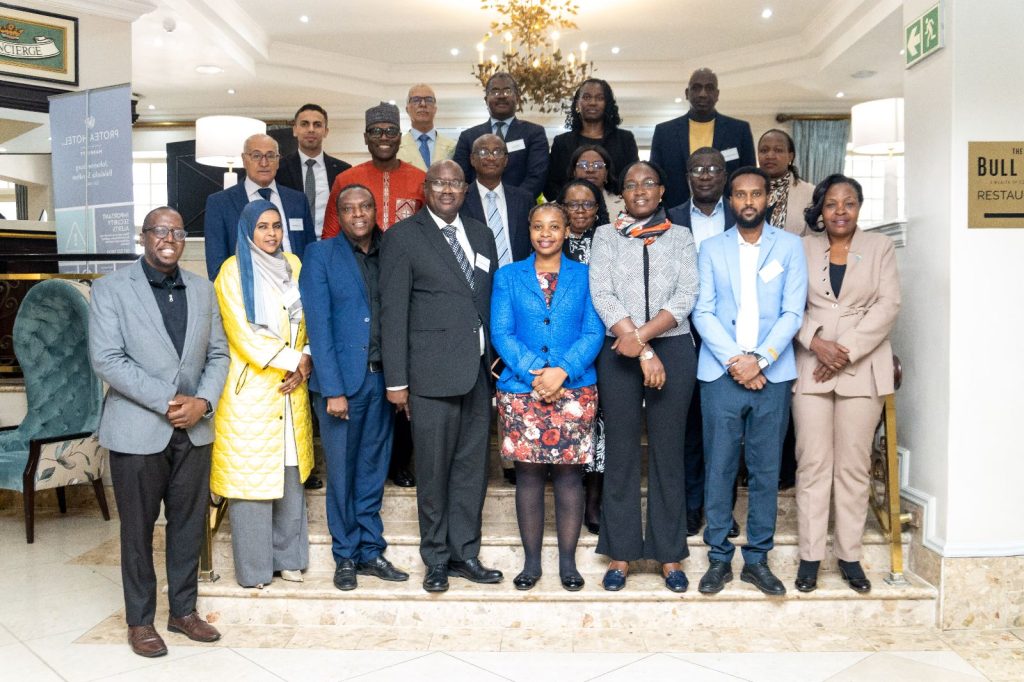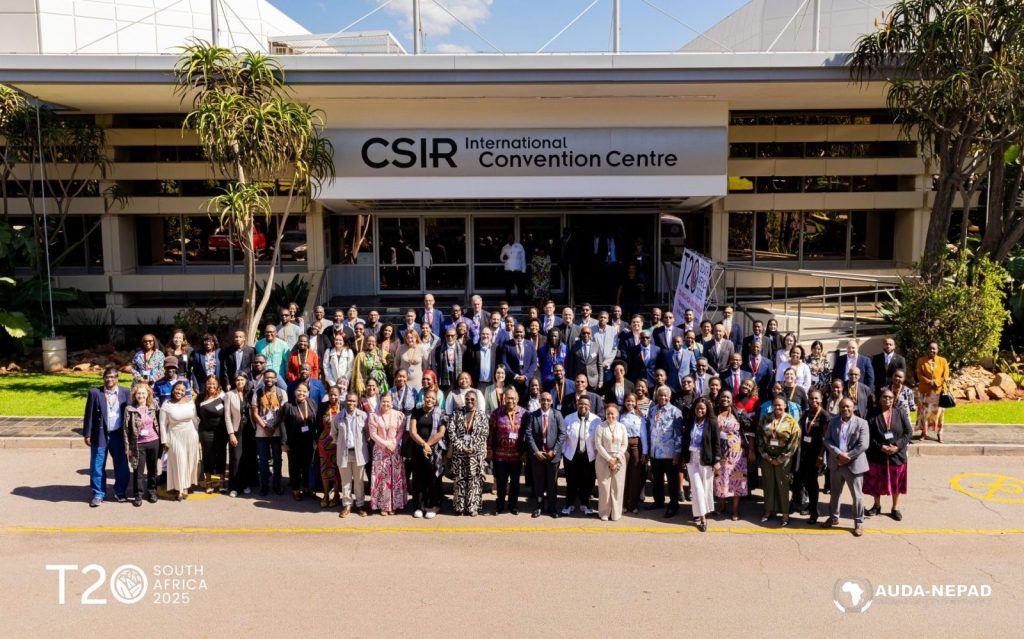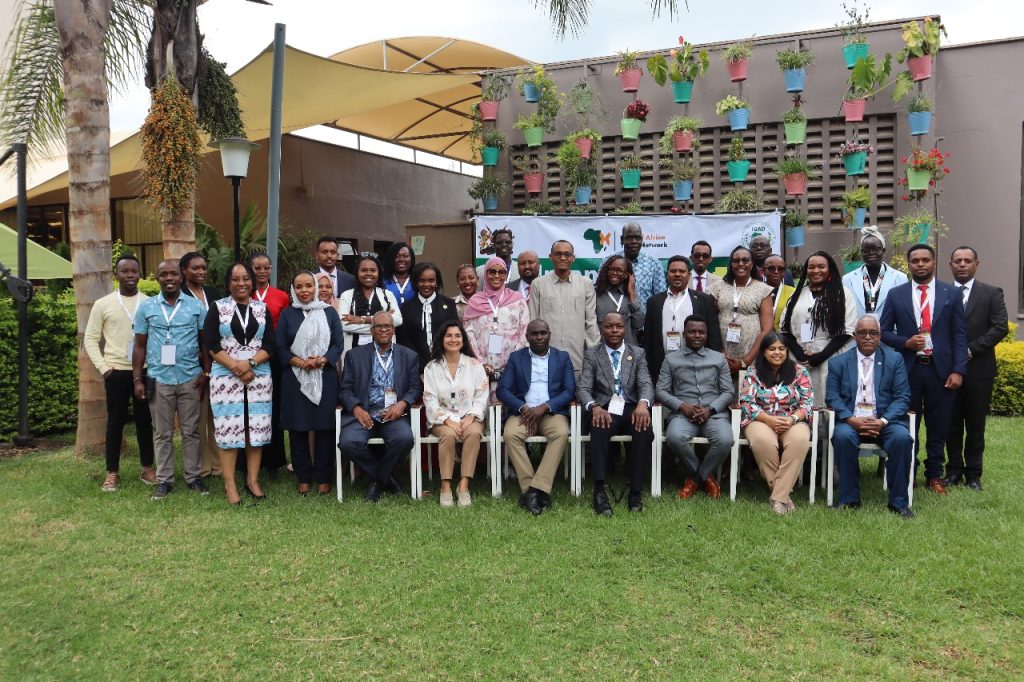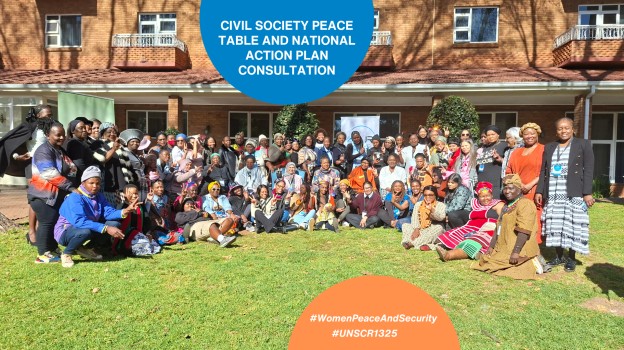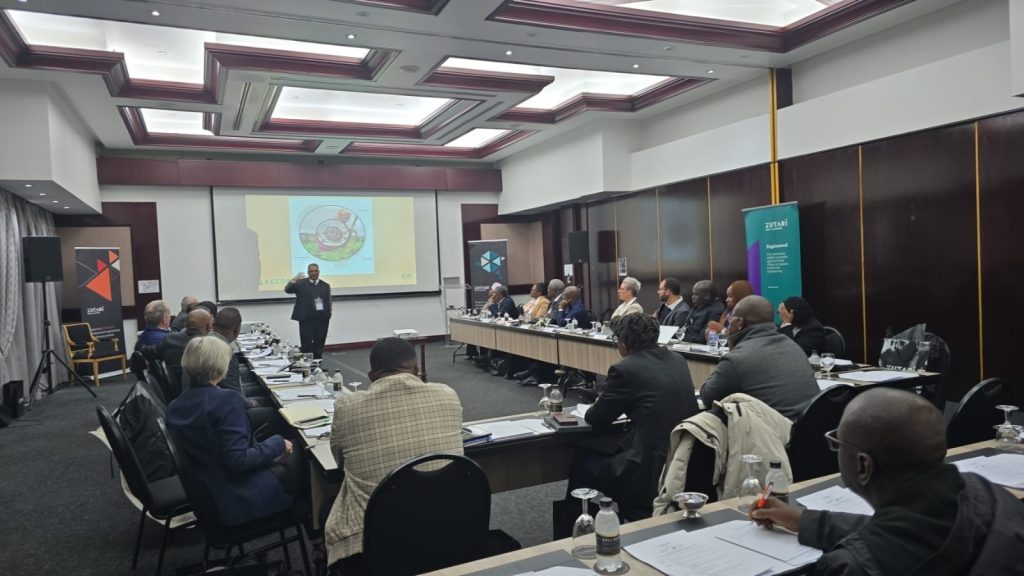As a means of creating an effective platform for comprehensive dialogue to tackle regional and global challenges, and to actively shape global agendas, in October the Department of International Relations and Cooperation (DIRCO), in partnership with the Deutsche Gesellschaft für Internationale Zusammenarbeit (GIZ) hosted a’ Training Programme on Managing Regional and Global Governance’ (MRGG) together with other leading institutions in South Africa.
The Training Unit Programme Officer at ACCORD, Marisha Ramdeen, was amongst 27 individuals who participated in the MRGG Programme. For the first time in South Africa, individuals representing the various SADC countries from the governmental, non-governmental and civil society sectors were brought together to address governance challenges in Southern Africa. The training programme took place from 22 October – 2 November in Pretoria, and aimed to strengthen the knowledge base, analytical and decision-making capacities of young Southern African professionals and their institutions to contribute meaningfully to the challenges associated with governance in Southern Africa in an era of intensified globalisation.
The two intensive weeks consisted of four modules. Module 1, in addressing the context and contours of global governance, presented an overview of trends in global governance and the implications this has for Africa. Module 2 moved to a regional perspective, with insight into governance in Southern Africa. Discussions ensued on development finance, the African Peer Review Mechanism, and the Mo Ibrahim governance indices, as well as democracy and elections-management. The global and regional agenda was the focus of module 3. In unpacking this module, critical analysis presented to the participants, included the G20 and its response to Africa, and especially the role that South Africa plays. Aid effectiveness and developing countries as development cooperation partners created much debate with regards to donor driven agendas but also highlighted other stakeholders that are contributing to Africa’s development. The Southern African Developing Community then took center stage on areas addressing development and economic integration. Module 4 was dedicated to regional stabilisation, with a critical look at the African Union and SADC Peace and Security Architectures. An analysis was conducted of the effectiveness of the various structures within these architectures. Outcomes from the programme included an emphasis on building better relationships with development partners, the need for African countries to take ownership of its development processes, and the urgent need for ethical leadership.
ACCORD is a constructive learning institution that enhances policy, research and practice in the field of conflict management and is strongly committed to providing rigorous academic analysis of the current and most pressing conflict issues. The challenges identified and recommendations offered at the Training Programme offers further expansion of ACCORDs research and interventions and more importantly to create policies that will improve governance in the region.

